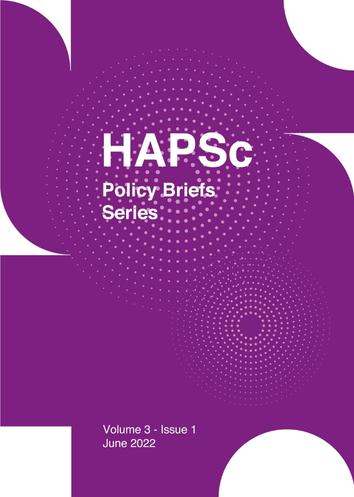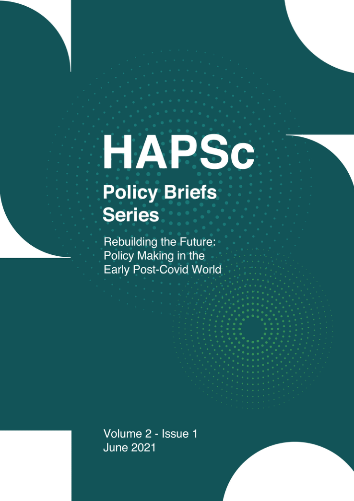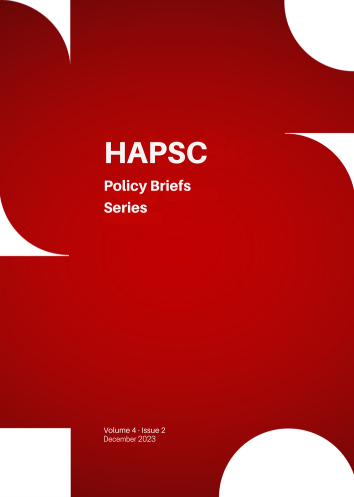Political Responsiveness in Crisis Period, Sustainability and ESG in EU: The Initiatives of Next Generation EU and the Potentials for Programming Period 2021-2027

Abstract
Crisis in Europe used to generate significant socioeconomic and political changes in institutions and states cooperation, especially in post war period. During the last decade, the financial crisis, in combination with climate change and the COVID-19 pandemic has challenged significantly EU, while at the same time, the Lisbon Treaty in 2009 provided solutions as well as the political will of “being together is better”. The EU Green Deal indicated that cooperation is a prerequisite for EU as a whole and at the same time, it is a fact in combination with the Sustainable Development Goals (SDGs). Moreover, Covid-19 has indicated the need for an effective policy response in order to deal with this health crisis. The main issue for EU is how to inspire and provide a sustainable, fair and social inclusive future for the member states and next generation. The EU via the “Transforming our world: the 2030 Agenda for Sustainable Development” booklet analyzes its international position in sustainable development issues, while the Next Generation EU is an important policy and financial tool in order to improve the common policies in new programming period 2021-2027.
Article Details
- How to Cite
-
Taliouris, E., & Manasakis , C. (2022). Political Responsiveness in Crisis Period, Sustainability and ESG in EU: The Initiatives of Next Generation EU and the Potentials for Programming Period 2021-2027. HAPSc Policy Briefs Series, 3(1), 225–232. https://doi.org/10.12681/hapscpbs.31013
- Section
- Articles

This work is licensed under a Creative Commons Attribution 4.0 International License.
Authors retain copyright and grant the journal right of first publication with the work simultaneously licensed under a Creative Commons Attribution License that allows others to share the work with an acknowledgement of the work's authorship and initial publication in this journal.



